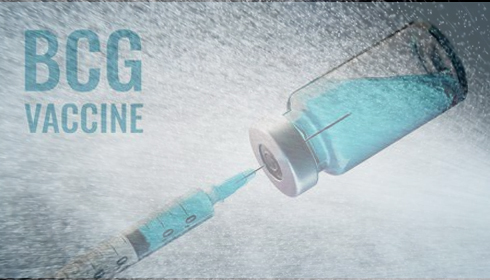
A Trial Finds Aerosol BCG Well Tolerated in a Human Infection Model
In a significant breakthrough, researchers have found that a first-in-human aerosol BCG-controlled human infection model was well tolerated during its phase 1 trial. Funded by [Funding Organization], the findings of this groundbreaking trial were recently published in The Lancet Infectious Diseases Online First.
Tuberculosis, caused by Mycobacterium tuberculosis, remains a major global health concern. Despite the availability of the BCG vaccine, it provides inadequate protection against pulmonary tuberculosis. To address this challenge, controlled human infection models are crucial for vaccine development.
The phase 1 trial, conducted at two clinical research facilities in the UK, aimed to determine a safe dose of aerosol-inhaled live-attenuated Mycobacterium bovis BCG and compare the safety and tolerability of infection models using aerosol-inhaled and intradermally administered BCG.
Healthy, immunocompetent adults aged 18–50 years, with no prior exposure to M tuberculosis or BCG, were eligible for the trial. Initially, participants received the BCG Danish strain, but due to a shortage, the trial was paused and later resumed with the BCG Bulgaria strain.
Following a dose-escalation study, participants were randomly assigned to receive either aerosol BCG or intradermal BCG. The primary outcome was to compare the safety of the two administration methods, with secondary outcomes evaluating BCG recovery in the airways or skin biopsies.
Results showed that doses up to 1 × 10^7 colony-forming units (CFU) of aerosol-inhaled BCG were well tolerated. There was no significant difference in adverse events between the aerosol and intradermal groups. Although more severe systemic adverse events occurred after aerosol BCG, they resolved spontaneously. One serious adverse event, deemed unrelated to the BCG infection, was reported.
The trial's success opens new avenues for vaccine development. Further research will evaluate the model's utility in assessing vaccine efficacy and identifying potential protective correlates. This groundbreaking study marks a significant step forward in the fight against tuberculosis, offering hope for improved prevention and treatment strategies in the future.